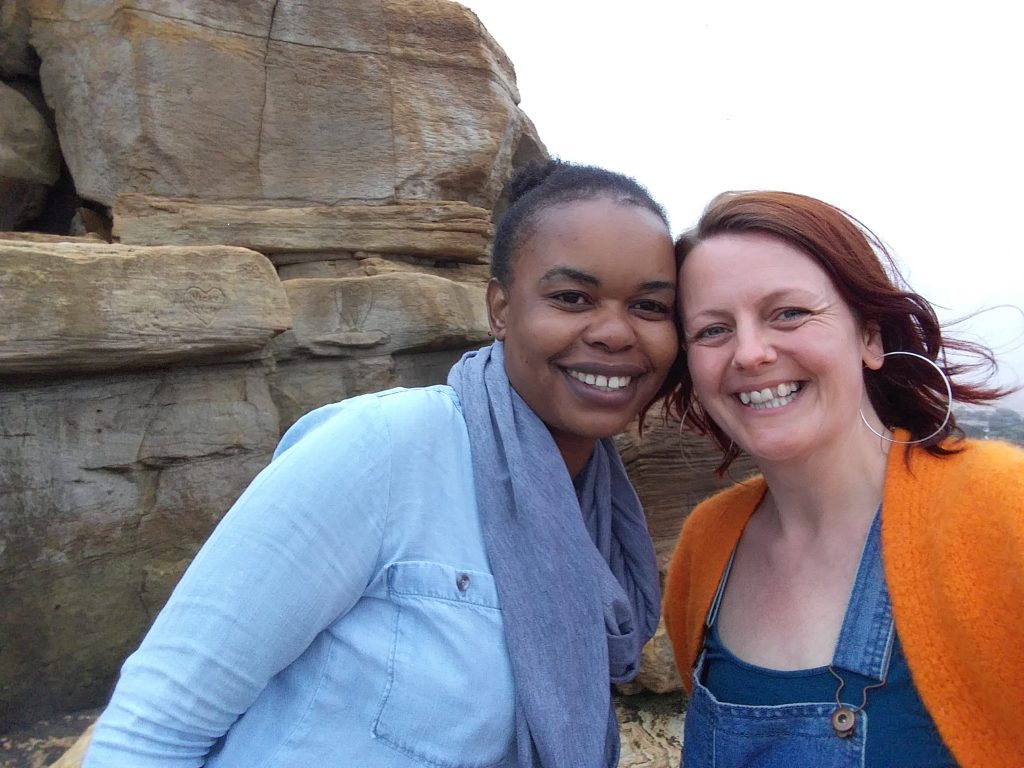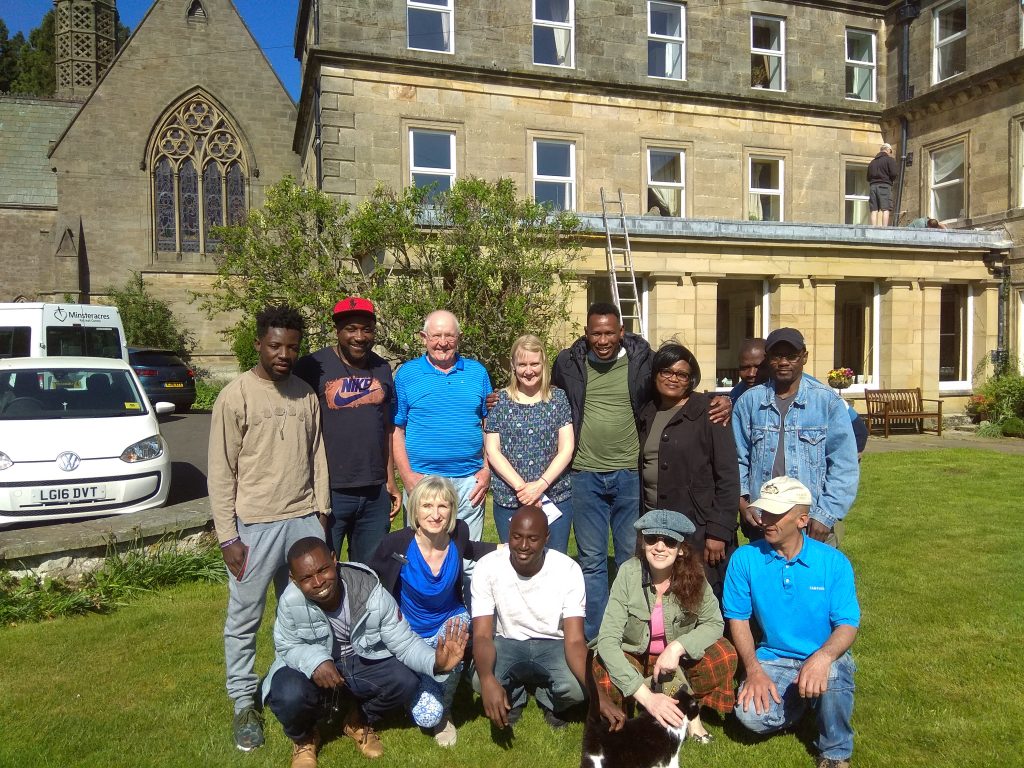Alexandra Bannon is a 2nd year Undergraduate Sociology student at Newcastle University. She reflects on the role Newcastle’s West End Refugee Service has played in supporting refugees in Newcastle, following participating in an eye-opening refugee week webinar.
Taking part in the WERS refugee week webinar and reading the highly emotive personal stories of some of their clients has sparked some reflections about the refugee week theme of ‘imagine’. It became evident from the accounts that for many individuals who find or are referred to WERS, their first encounter with the service is that of a crucial lifeline amongst the chaotic and volatile nature of their situation. For many, it is a last resort, beginning their relationship with the organisation as a one-way form of support but results in clients staying and developing a rich relationship with the organisation, creating a culture of hospitality and leaving clients wanting to help others in the same way. In addition, after experiencing the ever-growing commitment, community and trust, WERS becomes a place of sanctuary, safety and family, instilling hope and providing a place for people to begin to imagine a better life for themselves within Newcastle.

The success of the befriending scheme transcends the accounts, exhibiting it as an invaluable part of the client’s lives. This well-established initiative provides one-on-one support to the clients through dedicated volunteers, aiding them in everyday activities, reading letters, phone calls and day trips. It is evident from the accounts that the consistency of this project is a way for clients to feel empowered and in control of their lives in Newcastle and indeed allows them to imagine a life for themselves within the city. The hope instilled through this programme and through Ali as not only a support worker but as an example of a fulfilled future in Newcastle, shows the potential for this city to become a place of sanctuary for many. The webinar exhibited the organisations commitment to this scheme, showing how due to the current pandemic the need for befrienders has become even more necessary and so a remote befriending scheme has been implemented. This consists of regular phone calls between volunteers and clients, enriching activities, and remote meet ups. The unprecedented times that we find ourselves in, becomes even more volatile in the context of refugee lives, therefore this scheme enables clients to have some routine and consistency within their lives and actually becomes a simultaneous support network for both the clients and volunteers, enabling them both to imagine a life outside of lockdown.
The term intersectionality was coined by legal scholar Kimberlé Crenshaw (1989) to explore the multitude of oppressions that African American women face as a result of their intersecting identities of race and gender. The concept’s ability to adapt to differing forms of social oppression makes it a successful framework to use to understand and support refugee lives. This concept significantly resonated with me whilst reading these accounts, particularly in the context of refugee mothers who use WERS services and is something I am increasingly interested in as a soon to be third year Sociology student. Often the norms and values of host countries contradict the culturally sanctioned customs of refugee’s home countries, rendering women significantly marginalised within host countries and in need of additional support.

One particular account expressed the importance of WERS providing the Bititi project to mothers and their children who are trying to navigate parenthood in an unfamiliar setting. This initiative empowers women and administers access to services within their houses when they need it most. It is clear from the accounts that this project is a crucial lifeline for these women as it successfully recognises them as doubly oppressed victims and enables them to reach their full intersectional power. Furthermore, COVID-19 has put substantial pressure on all parents and the multifaceted intersectional nature of refugee mothers has made them doubly isolated, as mentioned by Hannah, WERS’s volunteer project manager, during the webinar. The lockdown has seen WERS identify women in need through the remote befriending scheme and working closely with welfare education services they have provided activity packs for families. Relieving pressure for refugee mothers to entertain their children in this challenging time. I believe the continuation of this dedicated support both normally and during this health crisis is what it takes to encourage refugee mothers to recognise their power and WERS as an organisation not only provides a space to empower them as intersectional subjects but enables them to imagine and believe in their own potential.
All in all, participating in the webinar, crafting specific questions for Ali and Hannah and reading the clients stories has been a hugely enriching and insightful experience for me. Something that particularly resonated with me was the ever-growing networks surrounding WERS and their extended community. Whether that be the refugee communities who inform newcomers of WERS services or the interdisciplinary nature of WERS relationship with local organisations in order to identify and provide the upmost support for their clients. In short, it is evident that although there is always more work to be done, Newcastle, with WERS at its heart really does have the potential to be a place of imagination and sanctuary for all who need it.
Crenshaw, K. (1989) “Demarginalizing the intersection of race and sex: a black feminist critique of antidiscrimination doctrine, feminist theory, and antiracist politics.” University of Chicago Legal Forum, issue 1, article 8, 139-167. Available at: http://chicagounbound.uchicago.edu/uclf/vol1989/iss1/8
